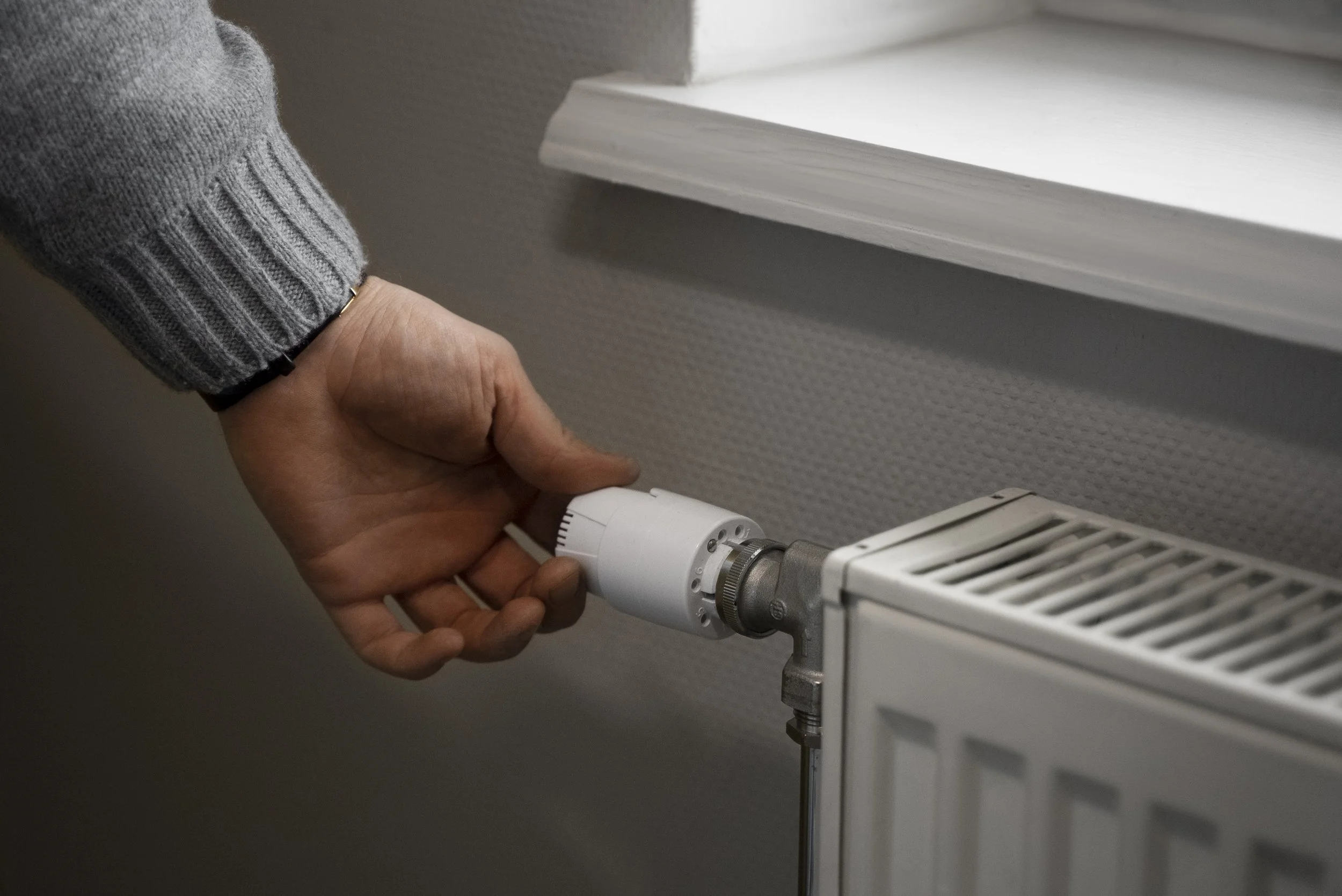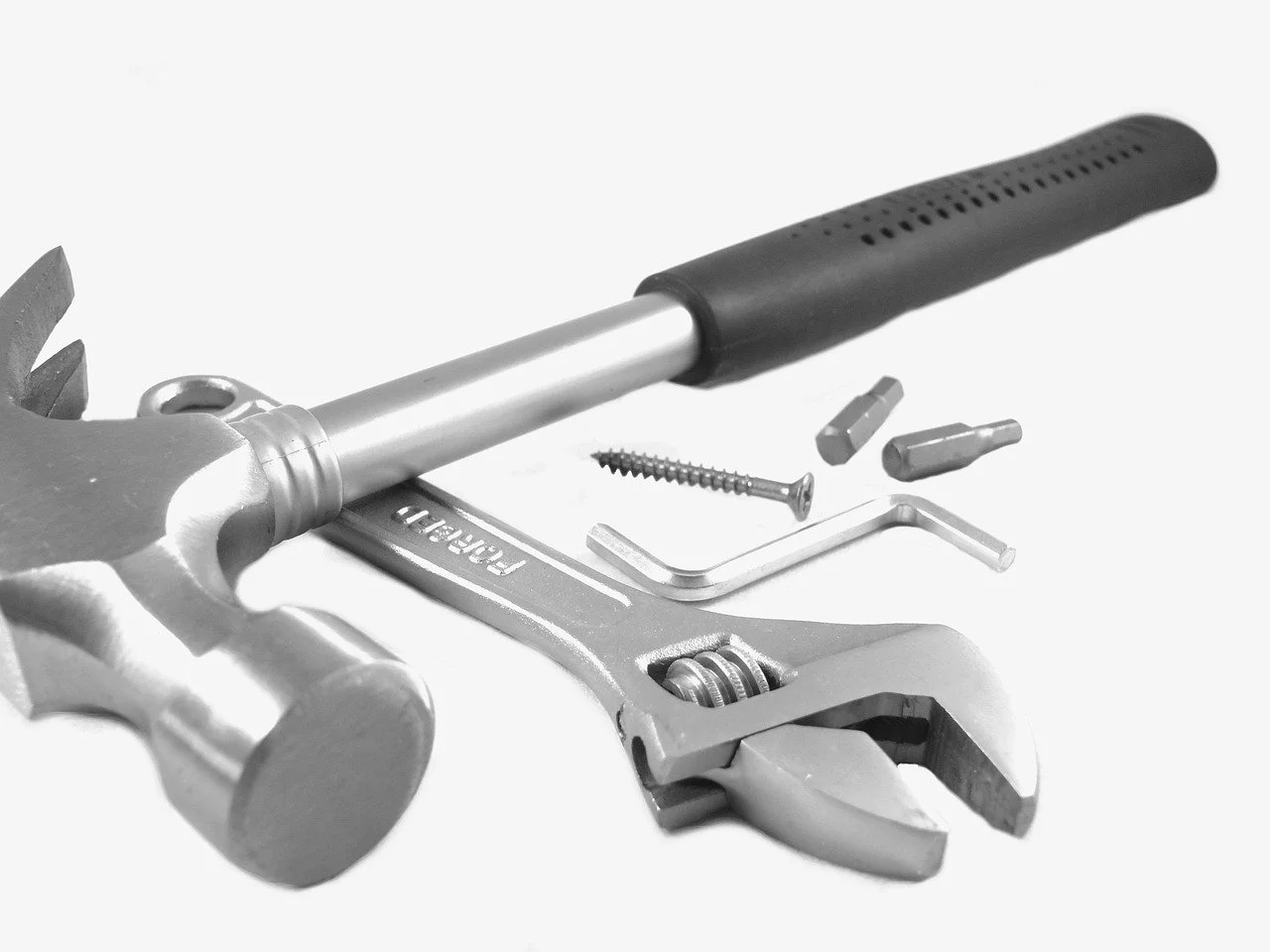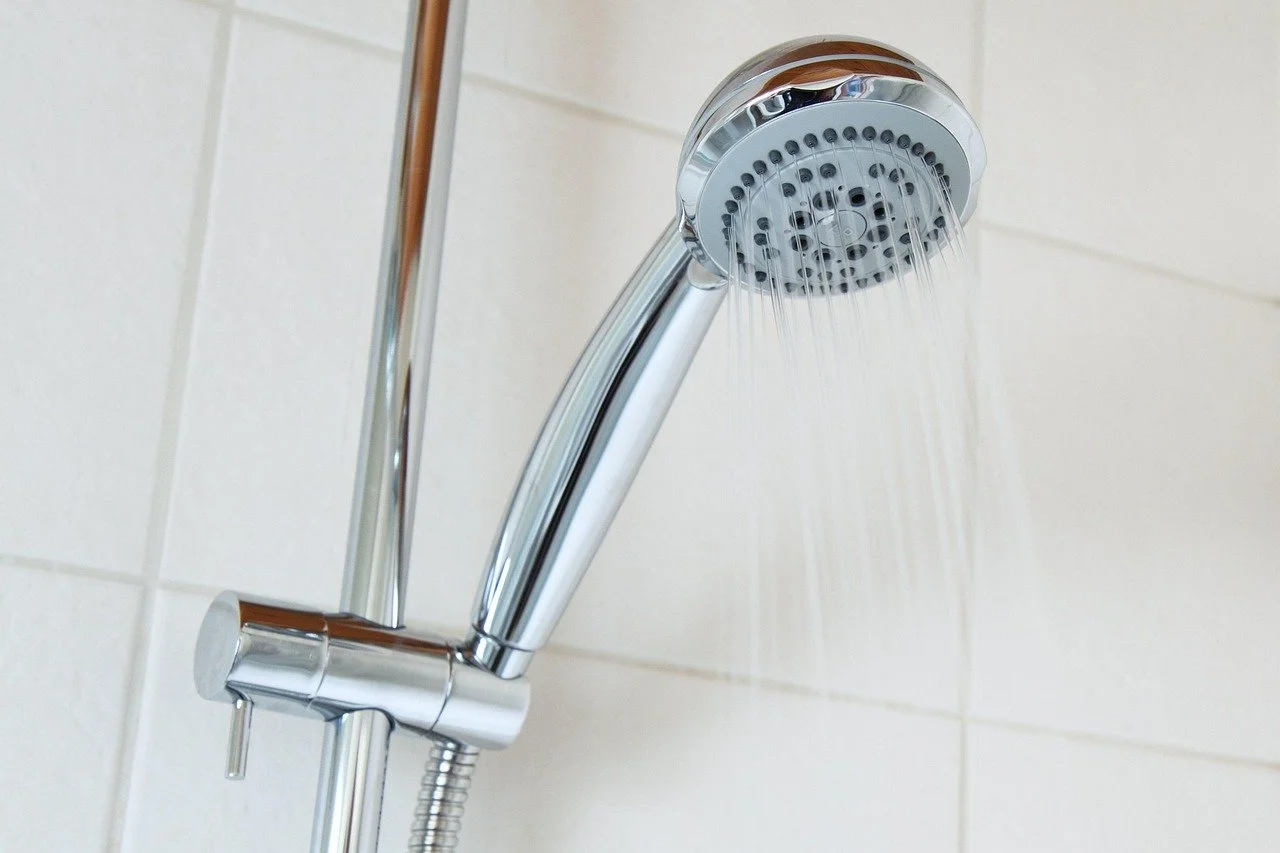St Mary’s is committed to working to mitigate the crises of biodiversity loss and climate change. As we do this, we also hope to achieve “Ecochurch” awards, starting with bronze level. These awards require action in the areas of worship and teaching, our building and land, engagement with others and our own lifestyles.
Ecotips will feature in the church newsletter, describing small (and sometimes larger) things we can do individually. In time we hope to collate these here on the church website. The big areas to consider in terms of our personal impact are travel, eating, heating, shopping, investing and voting, and we will look at all of these, plus small actions you can take to reduce pollution or encourage pollinators. If you would like to help with this project, please let Lucinda know Lucinda.f.smith@gmail.com
Reduce- Reuse -Recycle. Buying less is more important than recycling.
If you can, walk or cycle. Otherwise, use public transport if possible. If you are driving, can you give a lift?
Reduce plastic by carrying cutlery, a heat-resistant cup and a reusable water bottle helps.
Take food with you rather than buying food with plastic packaging
You can also visit the Eco Church website, HERE for further information on the project.
Eco Tip #1
When your boiler is next serviced, check that the temperature in the radiators is set to 60 or 65 degrees. This is more efficient, saves money and energy and you will not notice being any colder.
Eco Tip #4
Switch to LED Lighting: If you still have any, replacing incandescent and halogen bulbs with energy-efficient LEDs saves up to 80% less energy. This is worthwhile even if the bulbs are still work. Philips do an Ultra Efficient LED spotlight that uses 50% less energy.
Eco Tip #2
Fix things rather than replacing them
Eco Tip #5
Eat less meat. Replace it with plants rather than meat substitutes. There is lots of protein in beans, lentils and mushrooms.
Eco Tip #3
Eat unprocessed foods. These are generally better for you and the environment.
Eco Tip #6
When you can, choose not to fly. One return flight may be more than 10% of your annual carbon emissions. When comparing include time and cost of getting to and from airports. www.seat61.com gives great information about train travel in Europe.
Eco Tip #7
Switch off “vampire” appliances when not is use. Those with clocks and lights use power. In a year most microwaves use more power in standby than in use.
Eco Tip #8
Opt for a Renewable Energy Supplier such as Octopus or Green Energy or am green tariff
Tip #9
Draft-proof your windows. Even sticking film over drafty windows can reduce energy consumption and keep you warmer.
Eco Tip #10
Install low-flow showerheads and taps
Eco Tip #11
Goats cheese is good, with lower carbon emissions than cheese from cows.
Eco Tip #12
When you are running the tap or shower and waiting for your hot water to come through, collect the water to flush loos or water plants













